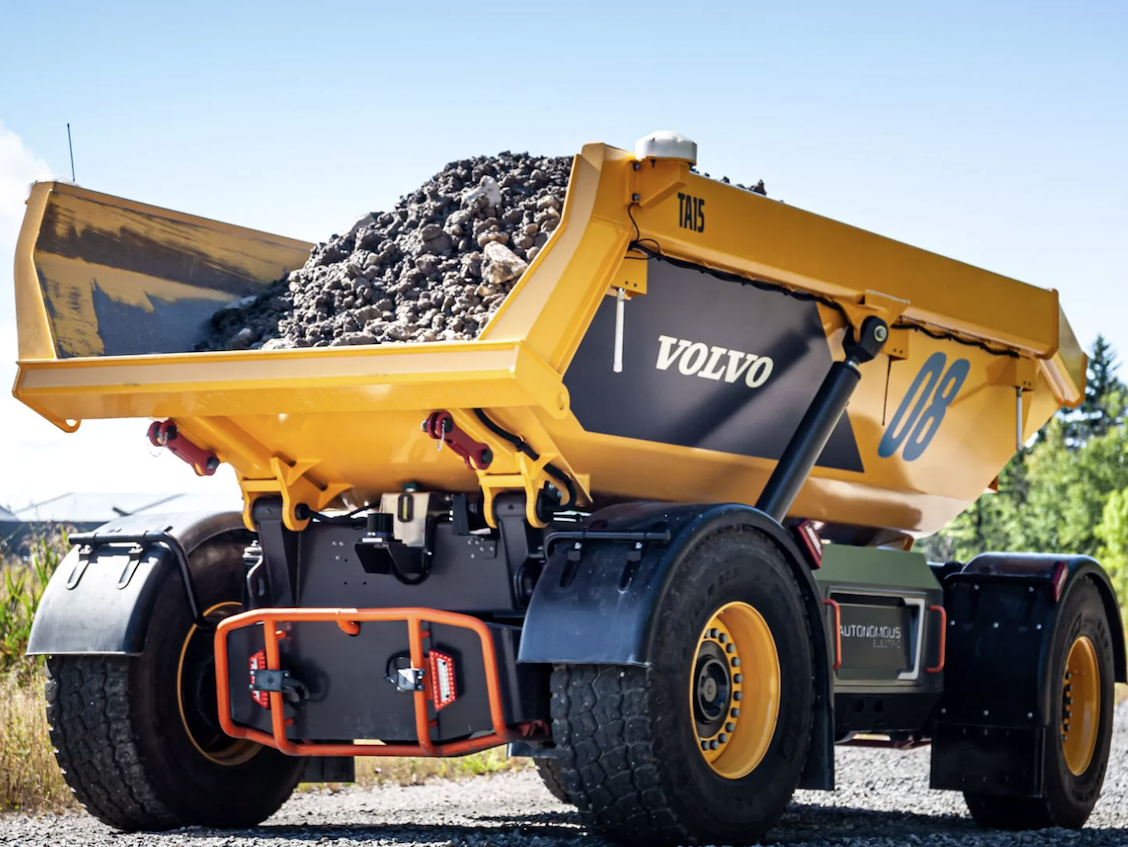
VaViM – Validation of virtual models used for simulation of autonomous vehicle systems | 2022
- Post by: Tobias Larsson
- 7th January 2022
- 3 Comments
In order to achieve scalability and robustness, verification and validation (V&V) of self-driving vehicle systems need to be largely performed virtually. This requires validated models on sensors, vehicles and environments where the systems are to operate. The aim of this pre-study is to identify state-of-the-art (SoA) and high-priority research questions within methods for validating models required for virtual V&V of self-driving vehicle systems within a fenced area, and to formulate a joint project application with identified key actors for further studies.
The pre-study is expected to result in a SoA report and in a joint project application with identified key actors for further studies. The long-term goal is to obtain objective measures of the reliability of virtual V&V of self-driving vehicle systems. With a working method where validated models and real tests are used side by side, an efficient and predictable continuous V&V of the product´s quality and safety during its entire life cycle is enabled; pre-study phase, development phase; commissioning; maintenance & system optimizations.
BTH project leader: Professor Tobias Larsson
Time span: 20220201 – 20220831
Funding: 2.2 MSEK (1.1 MSEK VINNOVA – Drive Sweden Innovation Programme)
Partners:
- BTH
- Volvo Autonomous Solutions
- VINNOVA

3 Comments on “VaViM – Validation of virtual models used for simulation of autonomous vehicle systems | 2022”
Comments are closed.